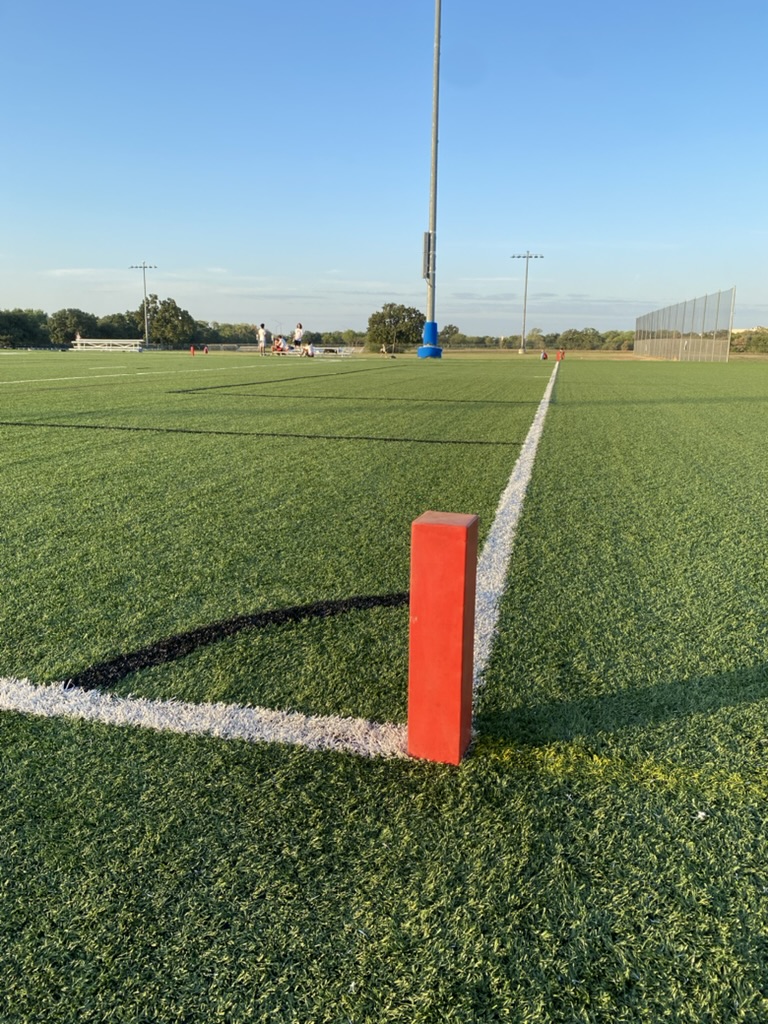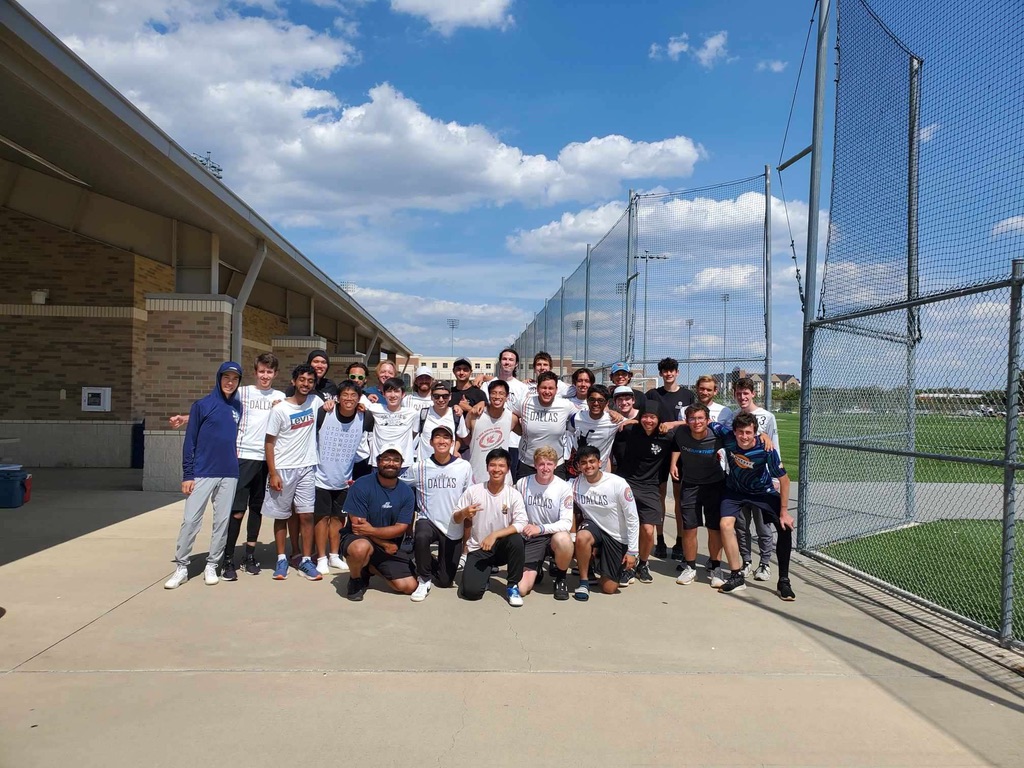Aggie Classic - Day 2
Previously: Aggie Classic - Day 1, My pre-tourney individual goals.
I first recap our last 3 matches. Then I will reflect about the whole experience of playing here.
Matches Recap

Game 5: UTD 13 - ? SFA. We won by a large margin.
- We won pretty easily. They forced backhand?!
- I think I scored once here (or maybe the next game). After someone called “end zone” on our vert-stack, I was at the top. I first cut to the break side, which was initially a bad idea because it was not open. But then the handler reset the disk, to the open side. I am the third man in that situation, so I stroke while my marker did not notice. I scored, spiked the disc, and it got warped.
- We used this chance to practice our vert. stack. The point is to push the stack up, except Number 1, whenever Number 5 cuts and clears.
Game 6: UTD - Tarelton (-State University?). We lost.
- This team is more athletic than us.
- Defensively, Tarelton has a player poaching one of our cutters (which are in the vert. stack). This made our offense hard.
- In this match, the coaches decided we should play ho-stack when seeing the vert-stack not working well.
- Horizontal stack basically has 2 horizontal lines of 3 (lower, handlers) and 4 (higher, cutters). It worked particularly well for swingings, thus suitable to counter the zone (i.e., cup) defense.
- Most of the time, 3 handlers flow the disc by swinging.
- Among 4 cutters, the middle two are poppers, who are split to run deep and under to tear our the defenders. The other two are wings, who basically (1) distract the deep defender and (2) go under to get the disc from the side handler if possible.
- Being a wing, I don’t remember making any significant contributions in this game. I even messed up with my cuts (slow undercuts, sticking in the deep for too long, etc.)
Game 7: UTD - Sam Houston. We lost.
- They played zone defense, so we had to adjust our ho-stack by asking both poppers to go under (but not into the cup) as soon as they saw an open space.
- I scored once by sneaking behind the end-zone defenders. An easy one. I didn’t spike this time so that no more discs are destroyed.
- In the last point, I played well. I defended by shuffling and using body to block undercuts. In offense, as a popper, I found some nice open space to cut in and got the disc. Unluckily, we lost that point and the match.
(Game recordings may be published later.)
Observations
 WOOF, the team of UT Dallas
WOOF, the team of UT Dallas
As an avid player from a Vietnamese college moving to the US, this tournament allowed me to technically learn so much and culturally experience much more. I am listing my observations randomly below:
- Our coaches emphasized the important of the sideline in the play of a team. Compared to soccer or basketball, non-playing players have to sit on the bench. Here, they need to stand up.
- Before the pull, they sing spiritual songs and make noise.
- In game, they call ‘UP!’. They communicate with the defenders about the cutters’ position (which they cannot see) – phrases like “you’re hot, X”, or “no around/no strike”, “inside/around”, “more left, more right”, “left/right” (about the disc).
- After a winning point, they all storm to the field and cheer everyone. It is both cute and warm.
- After a losing point, they shout “We up!” and console the line.
- Our coaches also emphasized the culture of asking questions. They seriously thank and recognize us after a game where we asked questions about technicality, game rules, etc. They said asking questions is a sign of an enthusiastic learner, to which I agree.
- After a game, our team (UTD) sit together and do the following. Each person will anonymously describe another that makes them feel good or learn a lot from during the tournament. Then they announce their name, and pass a [CENSORED] object to that person. The chain goes around until everyone is addressed. It was truly heart-warming to be in that circle.
- In men’s ultimate here, it seems like they rarely have spirit circles. Instead, they form two circles to talk internally and shout “Good game, {other team}”.
- Students here have greatly supportive parents. They drove hours to see their kids playing, sitting on the sideline, and cheer them.
- US students have cars. I went with them in their cars for 200 miles to the tournament.
A core memory about UTD and frisbee has been formed in me. A well-spent weekend outside of Dallas.